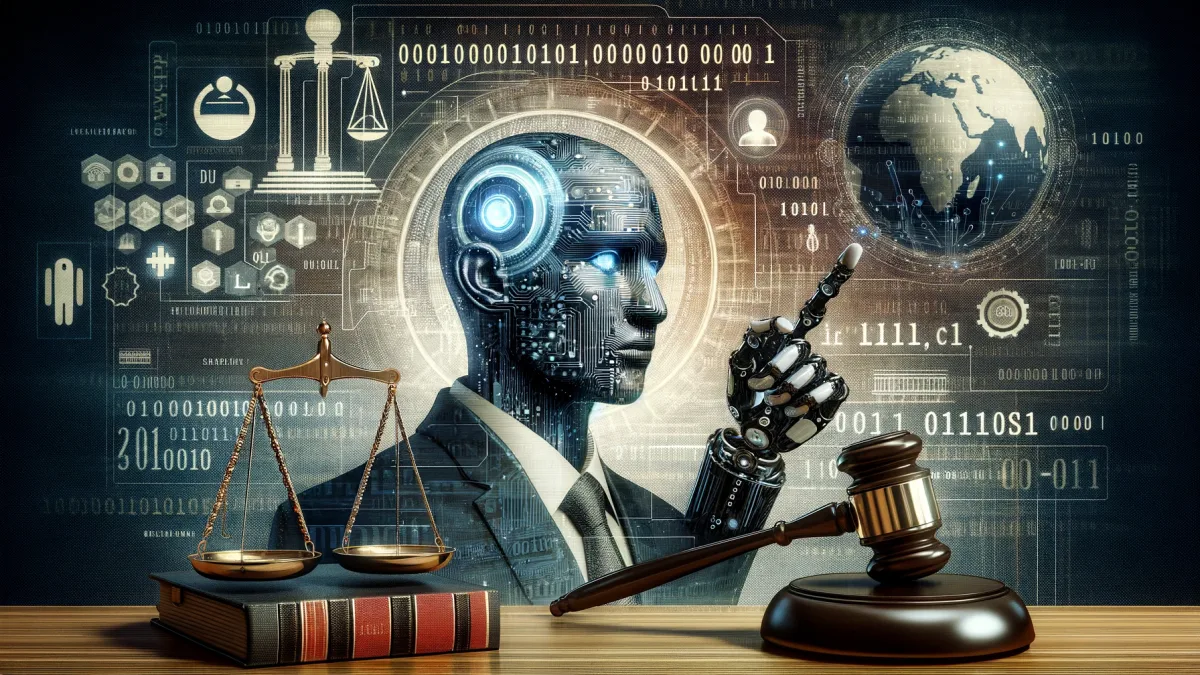In the intricate tapestry of the law, phrases like “mea culpa” echo the profound acknowledgment of error or fault, a Latin term that translates to “through my fault.” This ancient admission of personal error has evolved into a multifaceted concept within legal frameworks, particularly in the United States, where the intersection of law, technology, and societal values continually reshapes its implications.
The Evolution of “Mea Culpa” in Legal Contexts
Historically, “mea culpa” served as a personal acknowledgment of wrongdoing, devoid of the legal entanglements it may imply today. In modern legal discourse, this acknowledgment does not merely signal contrition but carries potential legal ramifications. Its application spans from courtroom defenses to public apologies issued by corporations in the wake of scandals. The essence of “mea culpa” in law intersects with principles of liability, mitigation, and the complex dance of proving fault.
Navigating Fault and Liability
In legal battles, the utterance of “mea culpa” can be a double-edged sword. On one hand, it can serve as a strategy to mitigate damages by demonstrating remorse, potentially influencing settlements or sentences. On the other hand, such admissions can also serve as evidence of liability, solidifying one’s role in the wrongdoing. This delicate balance necessitates a strategic approach, often guided by legal counsel, to navigate the implications of admitting fault.
The Role of “Mea Culpa” in Settlement Negotiations and Public Perception
The strategic deployment of “mea culpa” extends beyond the courtroom into the court of public opinion. Corporations, public figures, and politicians often issue public apologies in the wake of controversies, using “mea culpa” to regain trust, mitigate backlash, and sometimes preempt legal action. These apologies, however, are crafted with precision to express remorse without conceding specific legal liabilities.
The Intersection with Emerging Technologies and Laws
Recent advancements in technology and new legislative developments add layers of complexity to the legal implications of “mea culpa.” For instance, the rise of artificial intelligence (AI) in various sectors prompts a reevaluation of accountability and fault. The introduction of AI-focused legislation in the U.S., aimed at ensuring transparency and competitive practices in the use of AI technologies, underscores the evolving legal landscape. Legislators and legal professionals grapple with questions of fault, responsibility, and ethical use of AI, illustrating the fluid nature of “mea culpa” in the digital age.
Data Privacy and “Mea Culpa”
The realm of data privacy further exemplifies the intricate relationship between legal accountability and “mea culpa.” With states like California leading the charge in data protection laws, entities that mishandle personal data may find themselves in situations necessitating public apologies and legal redress. The importance of “mea culpa” in this context lies not only in acknowledging fault but also in committing to substantive changes to prevent future breaches, highlighting the dynamic between legal compliance, ethical considerations, and public trust.
Copyright Challenges in the Age of AI
The debate over copyright and AI-generated content presents another arena where “mea culpa” intersects with legal intricacies. Recent court rulings on the copyrightability of AI-generated art, emphasizing the necessity of human authorship, raise questions about ownership, creativity, and error in the digital realm. These developments reflect ongoing discussions about the legal and ethical frameworks governing emerging technologies and the role of “mea culpa” in navigating these uncharted waters.
Conclusion: “Mea Culpa” and the Path Forward
As we advance into an era where law and technology intertwine more closely than ever, the concept of “mea culpa” will undoubtedly continue to evolve. Its role in acknowledging fault, negotiating liability, and fostering public trust underscores the adaptability of legal principles to new societal and technological realities. The journey of “mea culpa” from a simple admission of personal fault to a complex legal and ethical instrument reflects the continuous transformation of the legal landscape, inviting ongoing dialogue and adaptation to meet the challenges of the modern world.









Leave a Reply